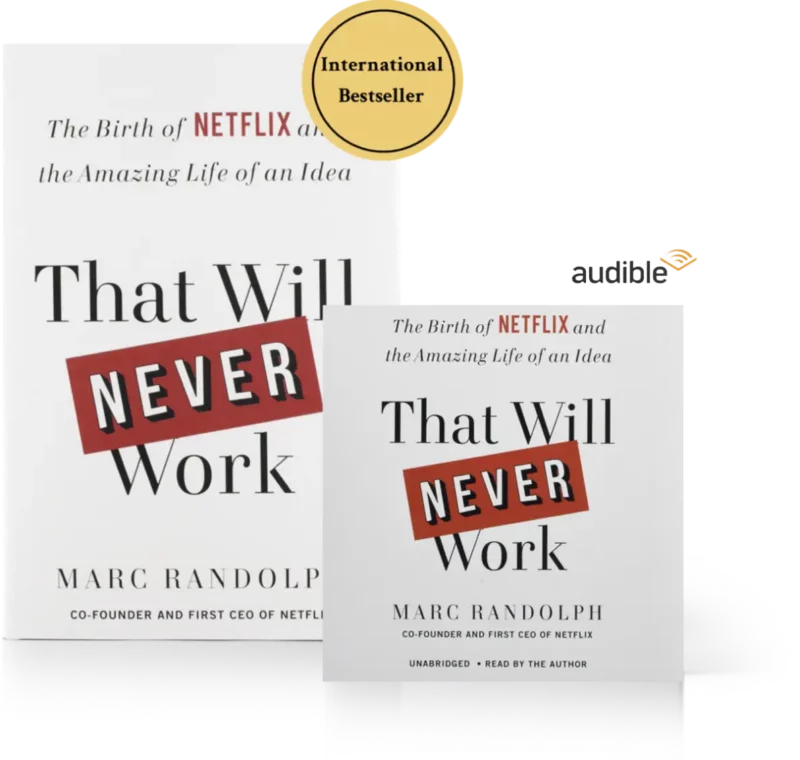My Three Criteria For Success in Early-Stage Companies
(The third one will surprise you!)

I’ve been a part of starting six companies. I’ve mentored several dozen founding teams. I’ve invested in more than 100 early-stage companies, and I’ve heard countless pitches. All of that has given me a finely tuned sense of the factors that really matter for the success of an early-stage company.
Here are my top three (in order):
- The Team
- The Team
- The Team
Hopefully this comes as no great surprise (well, maybe that third one does). And if it does, then let me explain for a minute why your team matters more than everything else combined.
When you’re in your early stages, there are a lot of unknowns, and plenty of elements that are guaranteed to change. Your initial product is just a hunch, you don’t have product/market fit, and you’re basically guessing about pricing, go-to-market, and customer type. Eventually, you’re going to realize that the only constant is your team.
What really matters at this stage isn’t what you’re making, or how well-funded you are. Instead, it’s all about execution, flexibility, and persistence. And that all depends on the quality of your team.
Not only that, but you’ll also realize that employee talent works on a power-curve: the best people are not just marginally better than average…they are many orders of magnitude better.
So while my “Top Three” list is obviously tongue-in-cheek, my belief in the importance of talent isn’t. And if you’re curious, I’ve put together another (more genuine) list, of the Top Six Ways I go about attracting and retaining the best possible talent:
-Interview for what you expect someone to accomplish for you, rather than just reviewing what they accomplished elsewhere. My friend Patty McCord used to suggest picturing what every new hire will have accomplished a year from now, then imagining all the things they would have to do—and the skills they would need—to get there.
-Be thoughtful about why someone may want to come work for you. The best people are not motivated by money, title, or perks. They want to be excited about what they are building and the role they will play in building it.
-Exceptional people put a premium on working with other exceptional people. This requires that you not only hire well, but cut smartly. It means taking the “no jerks” policy seriously, even for high-performing jerks.
-A high-performing team needs a manager that they respect. A good manager’s job is not to make decisions for their team (or worse, review decisions). It’s to make sure that the right people are in the right seats, and that everyone has the information and context to make great decisions on their own. And after that, their job is to clear away roadblocks.
-Treat your people like adults. If you’re trusting someone to manage one of your most important initiatives or land that million-dollar contract, you should also be able to trust them to make decisions about how they travel, what hours they work, or what they can spend money on. To insist otherwise is ridiculous, and it’s disrespectful. Be ruthless about freeing your top performers from ridiculous policies.
-Be relentlessly honest. The best performers have the most finely attuned BS detectors. Once you lose their trust and respect, you’ll never get it back.
Good luck!
To find other things I’ve written and much more, check out MarcRandolph.com
RECOMMENDED FOR YOU
What the Freedom & Responsibility Culture Could Mean to Your Company
Podcast Episode 72
Is it a Culture Problem or a Hiring Problem?
October 25, 2022 • 38 min
